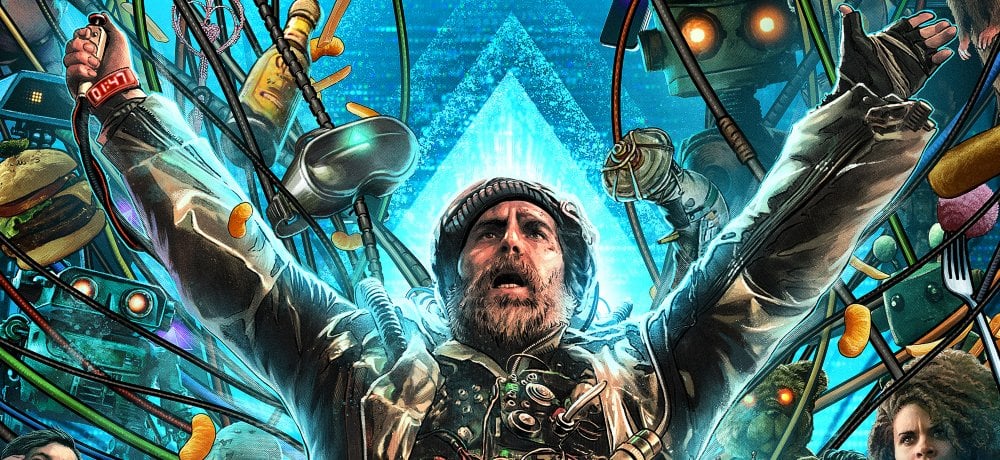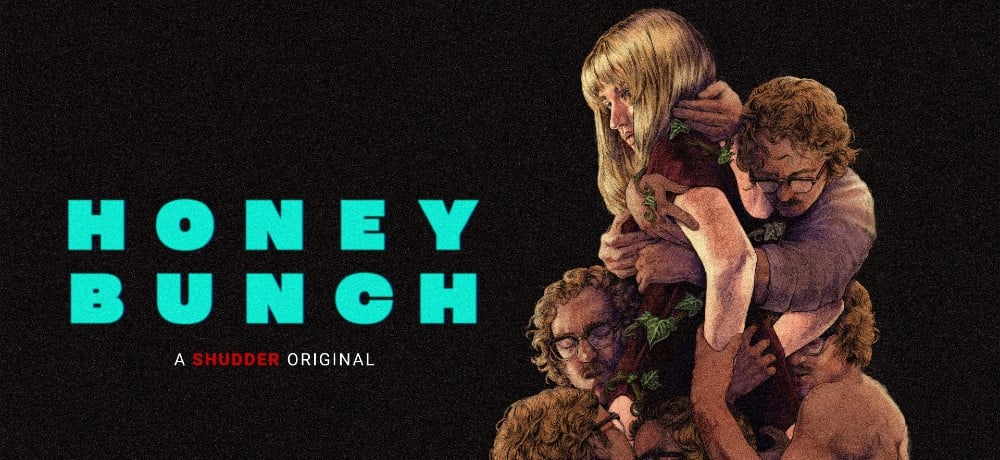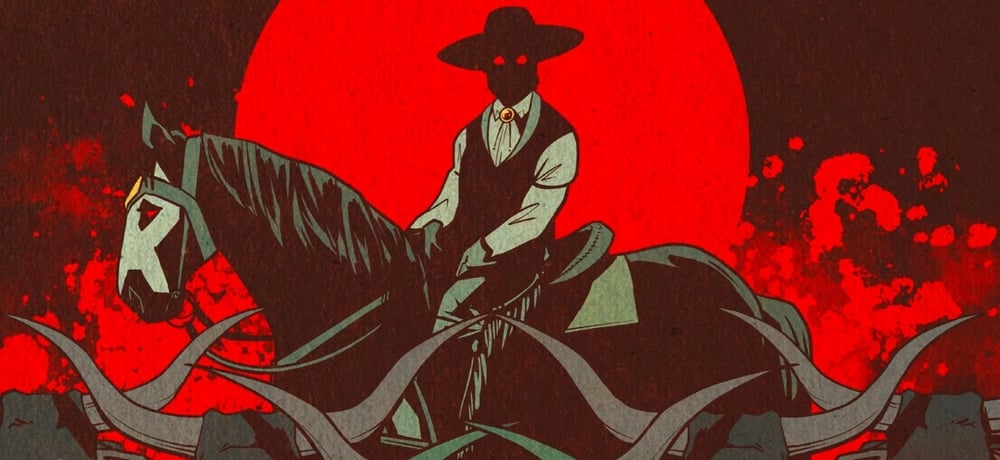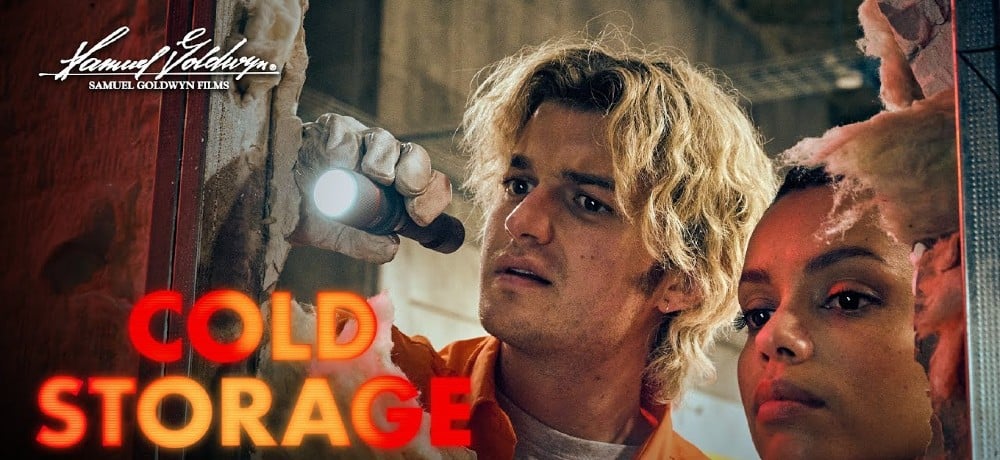






Thinking that a monster, or monsters, lived under your bed was a right of passage for any child. Even if it was physically impossible for a monster to get under your bed, you convinced yourself it was there, somehow. But, time passes and you realise that it was just paranoia or an unfounded rumour - potentially drummed up by an elder sibling. Your bed is now ultimate comfort, your safe zone against the world, but this is not the case for Eugène in The Eyes Below. Eugène soon discovers that the only thing worse than thinking that a monster is under your bed is discovering a monster in your bed.
Journalist Eugène (Vinicius Coelho) wakes late one night to a presence in his bedroom, a presence in the shadows that quickly makes itself known to him. It’s his cat. Eugene struggles to get back to sleep so he continues to work on an article about a high-profile legal case that involves some insider information.
He returns to bed but wakes up again some time later, but on this occasion his slumber isn’t disturbed by the cat. A creature, seemingly dripping with blood, has slowly crawled and climbed into Eugène’s bed and has made its way from the bottom to right on top of him, and the only thing that he can make out is the creature’s eyes.
The creature attacks and then finally relents, leaving Eugène in shock. After collecting himself, he frantically tries to discover what, or who, the creature is, before he is attacked again. He looks for clues, conducts research and travels down various rabbit holes in order to find the truth.
And all these events take place in one double bed.
The Eyes Below is a Gialloesque intrigue and the horror/fantasy instalment in Director Alexis Bruchon’s conceptual ‘thriller’ trilogy. Many things about the movie are so simple – only one main actor, one location, no script – but the visual style is anything but simple. Bruchon creates a dream within a nightmare within a hallucination. It’s impossible to tell what is real and what is not as the story gradually plumes and various suggestions are presented as to what is actually going on. Is there really a creature inside the bed, or has the combination of medication and anxiety created an extended nightmare?
The story doesn’t have a hard narrative and it doesn’t need to - the vivid use of colour, lighting, sound and paranoia pushes things forward. There is also fantastically creative use of the bed, which isn’t just a bed – it’s a maze, a corridor, a cliff-edge and even a window to events that have yet to happen. Bruchon stated that ‘we wanted to make the film as visual as possible in order to immerse the viewer in this nightmarish situation’. The Eyes Below certainly does that with a style which speaks for itself.
As there is no dialogue – not a single word is uttered - the music and sound design are constant throughout, which practically makes them an additional character. At times this can be a little too distracting as there always seems to be a level of suspense, even when there is none, which can lead to suspense fatigue.
Vinicius Coelho does an admirable job of leading the movie, which is a hard task considering there is no dialogue and his co-star is a double bed.
The Eyes Below will not be to everybody’s taste, but the movie has a subtle hypnotic rhythm that draws you in and a style that can’t be ignored.
Movie Score: 3.5/5